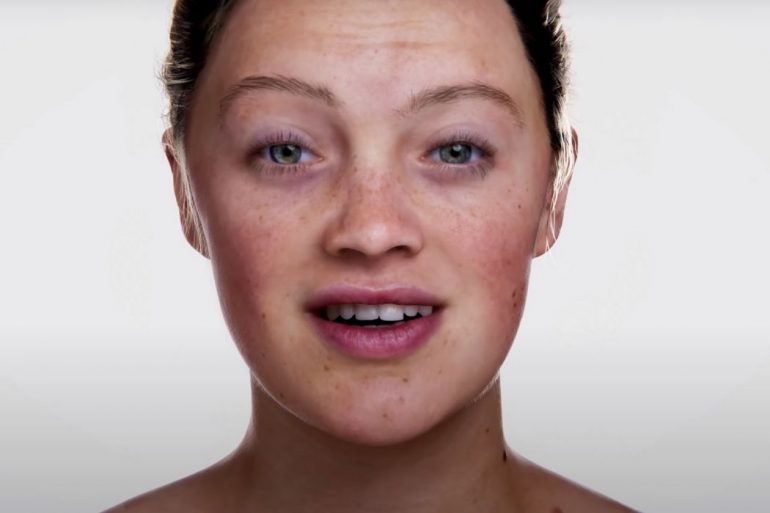Character creation SaaS company Ziva Dynamics has been acquired by Unity Technologies, a New York Stock Exchange-listed company that provides a platform for creating real-time 3D content.
Vancouver-based Ziva was founded in 2015 by James Jacobs (an Academy Scientific and Engineering Award winner), University of Southern California professor Jernej Barbic, and iVirtual Technologies president Chris Godsall.
“We want to make content creators superheroes and we intend to deliver the tools and services that make that happen.”
Its flagship software, Ziva VFX, is used to digitally replicate and combine the physics and materiality of soft tissue, such as muscles, fat, and skin. This enables users to create lifelike CGI characters. Ziva users include students, small studios, and large VFX facilities.
Ziva’s technology was used to create the characters within Ninja Theory’s Senua’s Saga: Hellblade II, and titles like Game of Thrones and Godzilla vs. Kong.
With its acquisition of Ziva, Unity intends to further scale Ziva’s offering to allow artists, regardless of skill level, to create digital characters. Additionally, the deal also enables Unity to accelerate the process of bringing Weta tools to real-time 3D through the cloud. The financial terms of the deal were not disclosed.
RELATED: Ziva Dynamics raises $9.8 million CAD for character creation technology
“We want to make content creators superheroes and we intend to deliver the tools and services that make that happen,” said Unity.
San Francisco-based Unity’s product suite provides a set of software solutions to create, run, and monetize interactive, real-time 2D and 3D content for mobile phones, tablets, PCs, consoles, and augmented and virtual reality devices.
Unity also recently completed its acquisition of Weta Digital’s tools, pipeline, technology, and engineering talent for a reported 1.21 billion EUR (1.7 billion CAD) in cash and stock.
According to Broadcast Now, Ziva employees will be transferred over to Unity, including all three of its co-founders.
Geared with its $9.8 million seed round raised in 2020, Ziva was able to hire new talent to fuel its software development, and increase adoption by video game studios.


